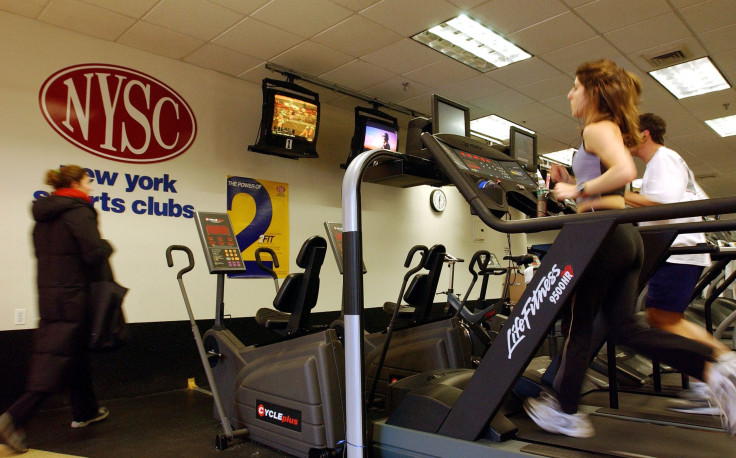5 Reasons Why You're Not Losing Weight Even With Exercise

Weight loss does not happen overnight and involves a process that starts with a gradual but definite shift in lifestyle. While there are advocates of rapid weight loss strategies, such efforts offer short-term benefits and are mostly unsustainable. Diet experts still say that the best way to lose weight and to keep the pounds down is to manage a healthy relationship between food and physical activity.
However, there is no cookie-cutter solution to losing weight, and some people might find that despite pounding it out at the gym daily, they’re still not getting the results they want to see on the scale. If you’re experiencing a plateau in your weight loss efforts, there are several reasons why this might be happening.
1. You don’t take enough protein
Diets that are high in protein can result in more pounds lost, at the start at least. Protein tricks your body into feeling sated so you are not tempted to eat more and give in to cravings. It also prevents your body from shedding muscle mass while your weight loss happens. The amount of protein the body needs depends on how much you weigh, but for discussion purposes, most women of average weights are recommended to consume as much as 80 grams’ worth of protein a day. So, go ahead and chomp on those eggs, Greek yogurt, chicken breasts, nuts, beans and more.
2. You have a generally sedentary lifestyle
Even if you have a regular gym schedule, if most of your waking hours are spent at a desk, then you probably won’t see weight loss results right away. That’s not really your fault because your job might demand that you do so. But instead of carrying a defeatist attitude, you can take your desk position positively and find ways to get your blood pumping without needing to skip work. Experts say that getting up frequently and walking around the office for about 2 minutes can help you burn as much as 59 calories per day; more if you do some basic exercises.
3. You don’t drink plenty of water
Water not only helps your body get rid of toxins, it also helps suppress appetite. In addition, when you don’t drink enough daily, your kidneys will be dehydrated and fail to function properly, thus messing your metabolic process. How much water should you be taking? Experts say at least eight glasses, but if you can consume more than that, then all the better for you. There is no limit to how much you can drink and the best part is that it has zero calories.
4. Your baselines are incorrect
You might be basing your weight loss goals on an incorrect BMI measurement, calorie deficit and other numbers that can affect loss and gain. To be sure you’re on the right track, consult a dietician or fitness expert to help you set an accurate baseline. This way, you know that your efforts are anchored on scientific facts and you’re not just assuming your calculations. If you’re using a gadget to help you compute, then be sure that you understand how it really works so that your numbers are not off.
5. You’re eating the wrong food
Weight loss is largely about how much and what you eat. This is why apart from regularly exercising, dieticians recommend that you also watch your calorie intake. This makes a lot of sense because the point of physical activity is to burn calories. If you are eating food that introduces more calories than what you lose from your usual efforts, then everything will go to waste. As a general rule, stick to natural and whole foods and avoid anything that’s processed and refined.
Diet takes up the majority of one’s weight loss battle. That said, even if you have a rigorous training program, if you are not eating right then you won’t be losing weight. Other factors that can affect this include your age, your metabolic rate and, sometimes, even genes. Overall, succeeding in this journey is more than just following your gym program. It should take a conscious effort on your part to be extra mindful of how you eat and to understand how your body responds to food and activity.
© Copyright IBTimes 2024. All rights reserved.





















